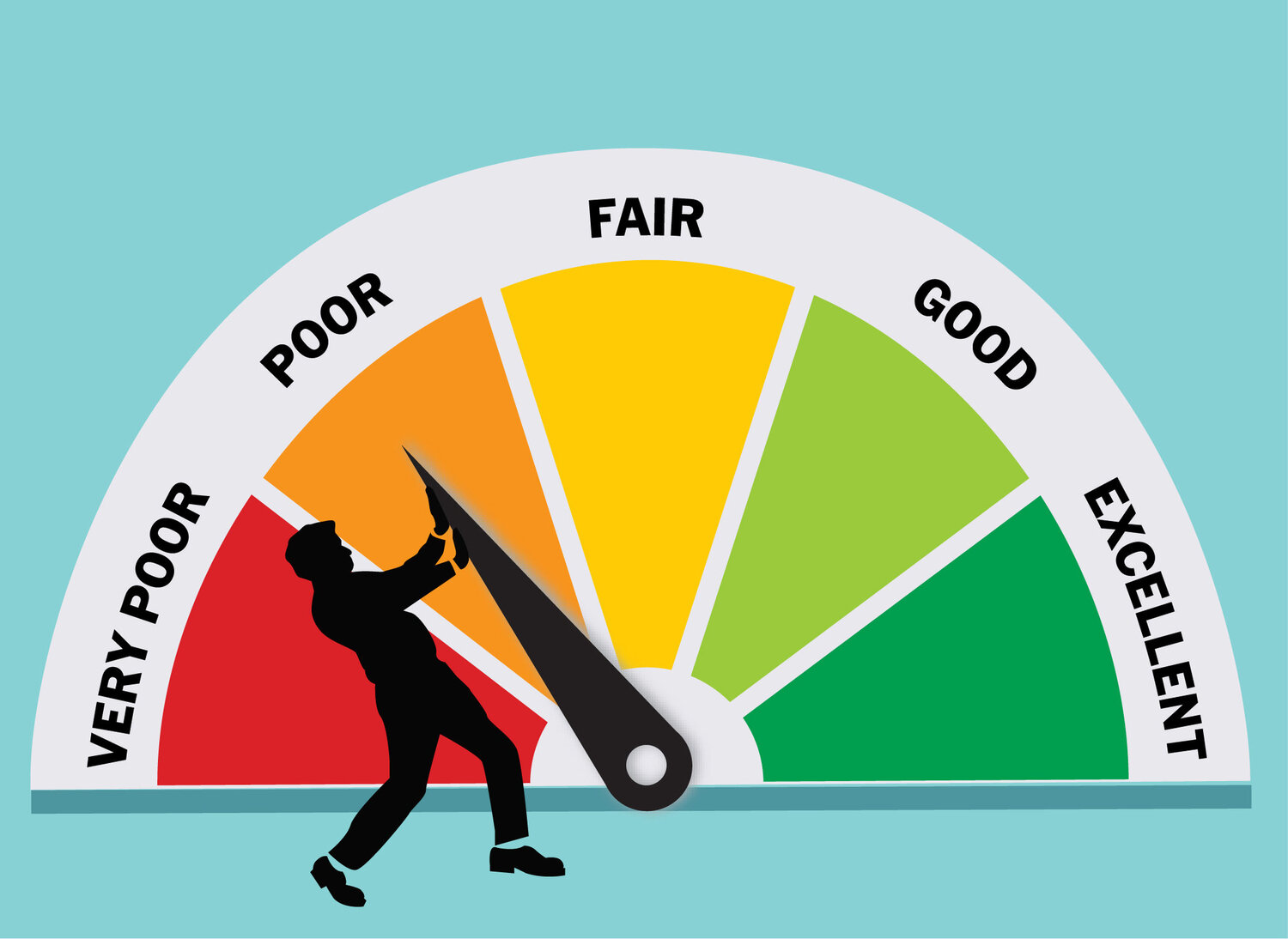When you’re seeking to secure a business loan, understanding your credit score becomes a critical factor. This numerical value represents a person’s creditworthiness, and lenders use it to determine the likelihood of a borrower repaying their debts. At JPM Capital, our mission is to ensure you understand the distinction between poor and bad credit and how it can influence your funding solutions.

What’s the Difference Between Poor and Bad Credit?
While the terms “poor” and “bad” credit might seem interchangeable, there’s a difference. As per UK credit agencies, a score below 561 is categorised as poor, while a score below 509 is termed bad.
- Poor Credit: Poor credit arises when your credit score is below the average due to factors such as missed repayments or maxed-out credit cards. If you fall into this category, Bad Credit Business Loans can be your saviour.
- Bad Credit: This means your score is significantly lower than the average due to severe issues like bankruptcies or County Court Judgments (CCJs). Securing loans with bad credit can be challenging, but not impossible, especially with alternative finance options.
Did You Know? More than 30% of the UK’s adult population has poor or bad credit, making it difficult for them to secure traditional loans, as per this Business Credit Score guide.
The Three Types of Bad Credit
There are three primary types of bad credit:
- Late Payments: This is the most common and can significantly impact your credit score. As this SME loans guide suggests, even one missed payment can cause a drop.
- Defaults: A default occurs if you fail to pay a debt after multiple reminders. It can severely harm your credit rating.
- CCJs (County Court Judgments): This is a court order in England, Wales, and Northern Ireland registered against you if you fail to repay a debt.
Each type of bad credit remains on your credit file for six years, which is why it’s essential to make repayments on time and maintain a healthy credit score.
How Credit Scores Affect Business Loans
A low credit score can make securing small business loans more challenging, as lenders often view lower scores as higher risks. However, JPM Capital believes in providing equal opportunities. With solutions like VAT funding, tax funding, and working capital funding, we assist businesses in reaching their goals, irrespective of their credit history.
Pro Tip: Diversify your funding solutions to enhance your chances of securing a loan, even with a poor or bad credit score.
Refurbishment and Expansion Funding
Even with poor or bad credit, you can secure funding for refurbishment or expansion. These funds allow businesses to invest in growth, irrespective of their credit history.
Conclusion
Grasping the nature of your credit score and the difference between poor and bad credit can be a game-changer for your financial journey. It might seem daunting to apply for business loans with an imperfect credit score, but with the right options and partners, like JPM Capital, your business can secure the necessary funds.
FAQs
Q1: What is the difference between poor and bad credit?
A1: In the UK, a credit score below 561 is considered poor, while a score below 509 is classified as bad.
Q2: What is considered poor credit?
A2: A credit score falling below the average score of 561 is categorised as poor credit.
Q3: What is classed as bad credit in the UK?
A3: A score below 509 is termed as bad credit in the UK.
Q4: What are the three types of bad credit?
A4: The three types of bad credit are late payments, defaults, and County Court Judgments (CCJs).
Useful External Resources
For more insights about business loans and managing bad credit, you can explore these informative resources:


Recent Comments